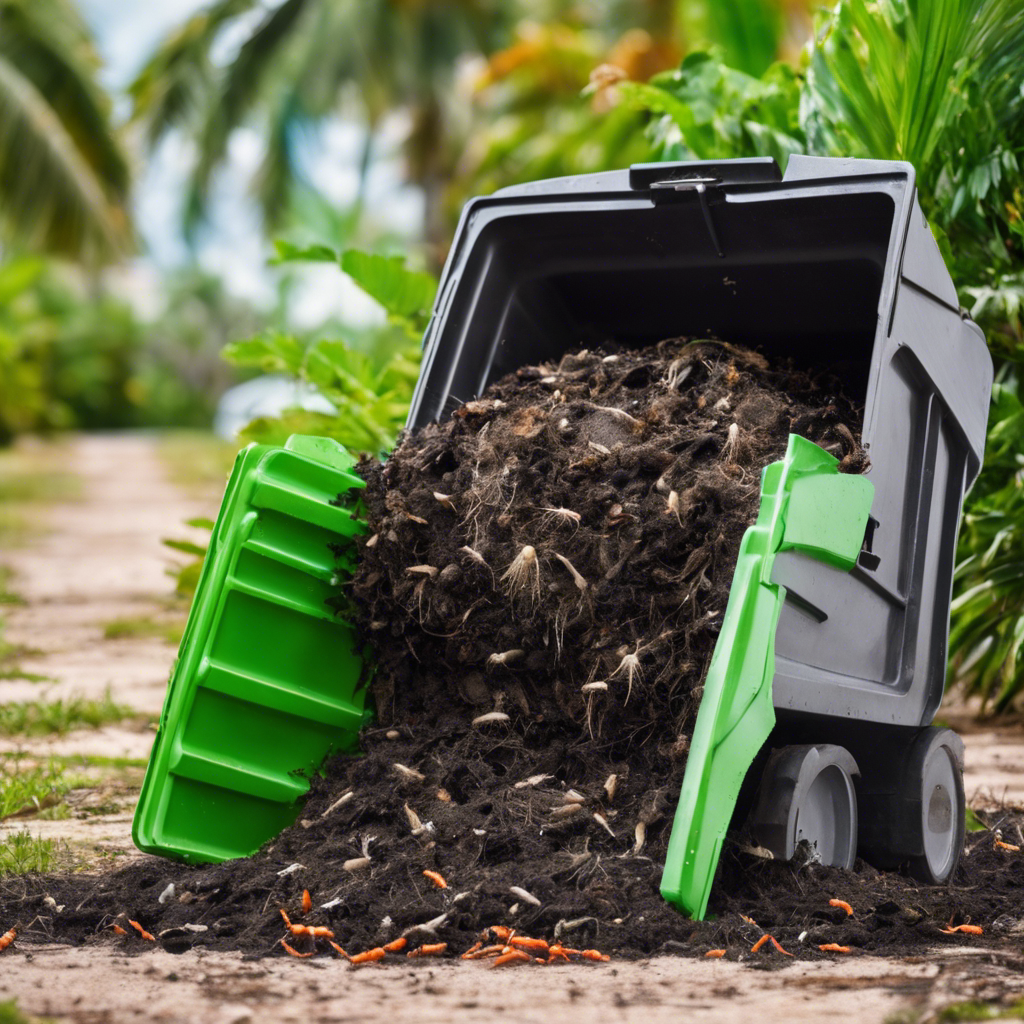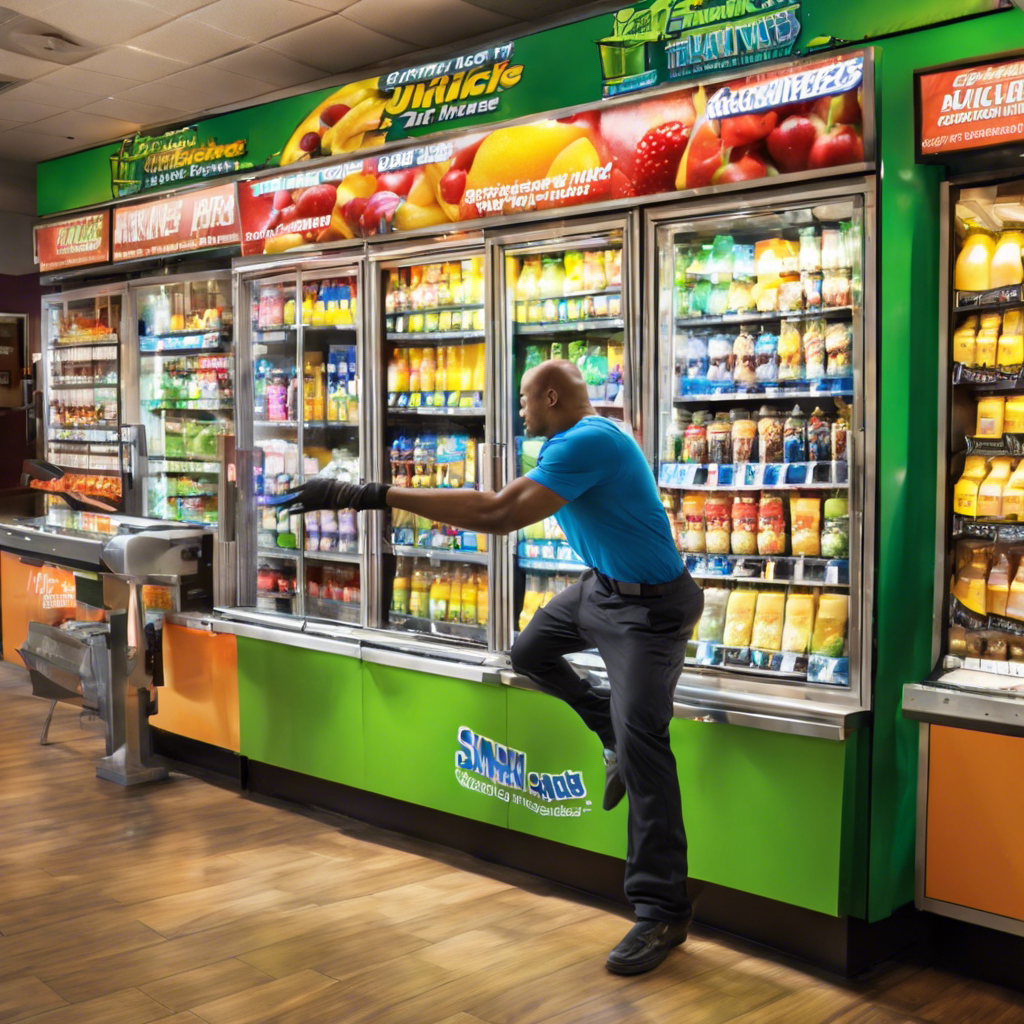Palm Beach County Bans Commercial Worm Composting, Claiming Ownership of Residents’ Trash

Local worm composting business forced to shut down as county asserts control over waste management
Palm Beach County in Florida has recently made commercial worm composting illegal, citing its ownership rights over residents’ trash. This move has led to the closure of Let It Rot, a community composting business that aimed to reduce food waste and create eco-friendly fertilizer through vermicomposting. The county’s Solid Waste Authority informed the founder, Mel Corichi, that her operations were against the law, claiming that all trash, whether on the curb or in homes, belonged to them. This article explores the implications of these vermicomposting regulations and the concerns they raise.
The Benefits of Vermicomposting vs. Incineration
Palm Beach County’s waste management system relies on incineration, a practice that contributes to air pollution and the release of toxic gases. In contrast, vermicomposting offers a safer and more sustainable method for managing organic waste. Worm composting produces highly fertile soil, known as worm castings, which can be used as a natural and eco-friendly fertilizer. Conventional fertilizers and pesticides often contaminate soil and water, posing long-term risks to human health. Exposure to these chemicals may increase the likelihood of developing cancer in both adults and children, as well as negatively impacting fetal brain development (Occupational Health & Safety).
The Impact on Local Businesses
The closure of Let It Rot due to the vermicomposting regulations has had a significant impact on Mel Corichi’s business and the community it served. Corichi initially partnered with the Palm Beach County Food Bank in 2015 to reduce food waste by feeding expired donations to her worms. Over time, she expanded her services to local residents who could opt into her program. By collecting waste from customers’ properties, she not only helped divert organic waste from incineration but also provided them with an eco-friendly solution for waste management. The county’s assertion of ownership over residents’ trash has not only affected Corichi’s business but also limited the options available to residents seeking sustainable waste management solutions.
Concerns over Air Pollution and Environmental Impact
Palm Beach County’s reliance on incineration as the primary method of waste disposal raises concerns about air pollution and its environmental impact. Incinerating organic waste releases harmful gases and contributes to greenhouse gas emissions. In contrast, vermicomposting reduces the carbon footprint by converting organic waste into nutrient-rich soil, which can be used to enhance agricultural practices or support local gardening initiatives. By banning commercial worm composting, the county is missing an opportunity to promote sustainable waste management practices and reduce its environmental impact.
The Call for Change
Mel Corichi has launched a Change.org petition urging Palm Beach County to reconsider its policy on vermicomposting. The petition serves as a platform for concerned residents and supporters to voice their opposition to the ban and advocate for sustainable waste management practices. By signing the petition, individuals can contribute to the movement seeking a more environmentally friendly approach to waste management in Palm Beach County.
Taking Action at Home
While commercial worm composting may be prohibited in Palm Beach County, residents can still practice vermicomposting in their own backyard. The Cornell Waste Management Institute offers valuable resources and tips on how to get started with home vermicomposting. By taking individual action, residents can contribute to reducing waste, improving soil health, and promoting a more sustainable approach to waste management.
Conclusion:
The ban on commercial worm composting in Palm Beach County has raised concerns about the county’s waste management practices and its impact on the environment. By incinerating organic waste instead of exploring safer alternatives like vermicomposting, the county contributes to air pollution and releases toxic gases. The closure of Let It Rot has not only affected a local business but has also limited residents’ access to sustainable waste management solutions. It is crucial for the county to reconsider its policy and embrace more environmentally friendly practices. By signing the petition and practicing vermicomposting at home, individuals can play a part in advocating for change and promoting a more sustainable future.










